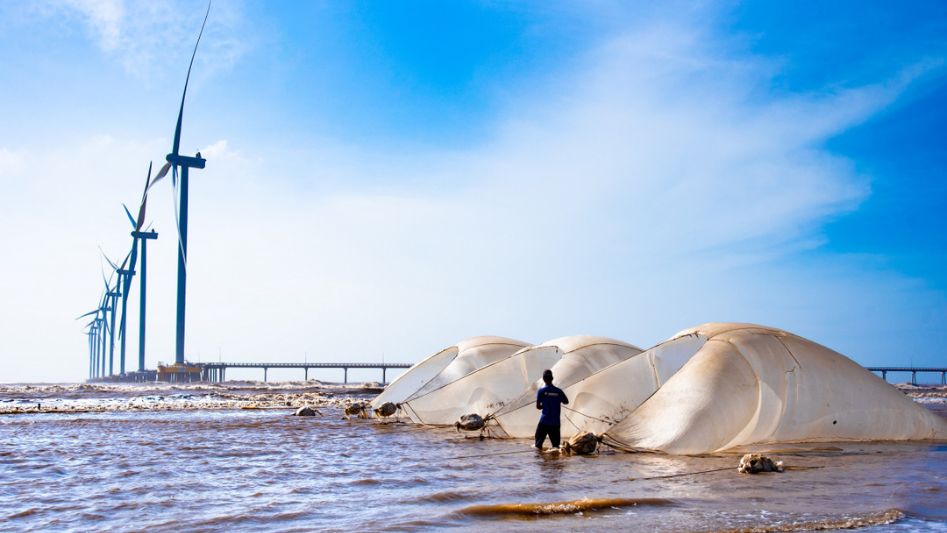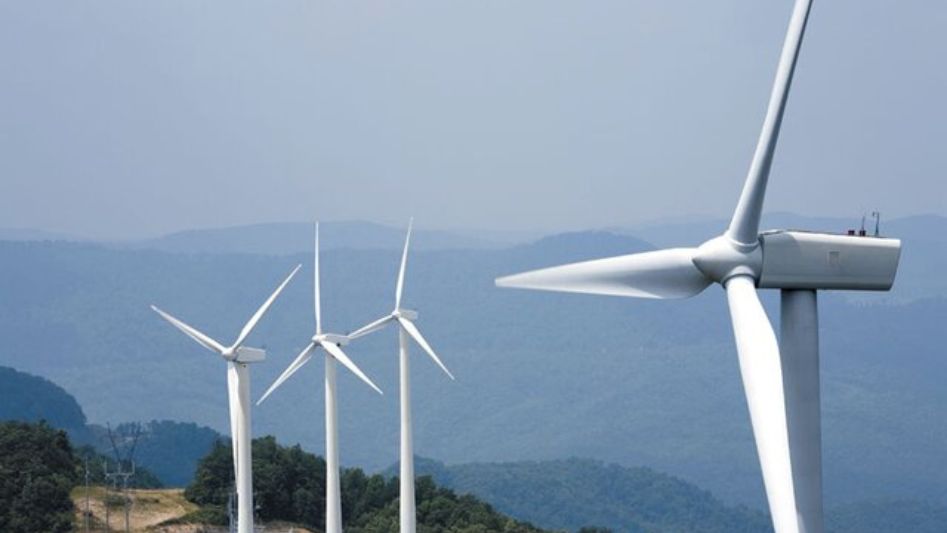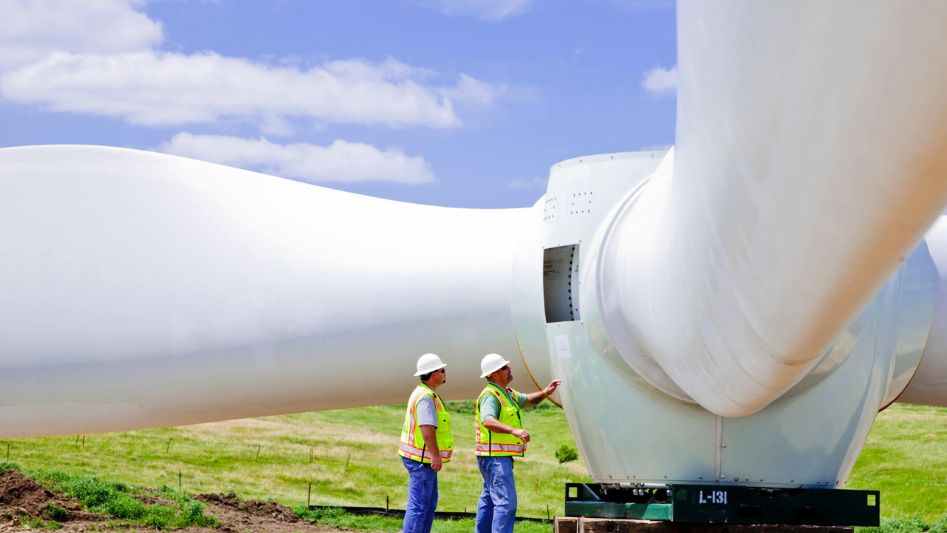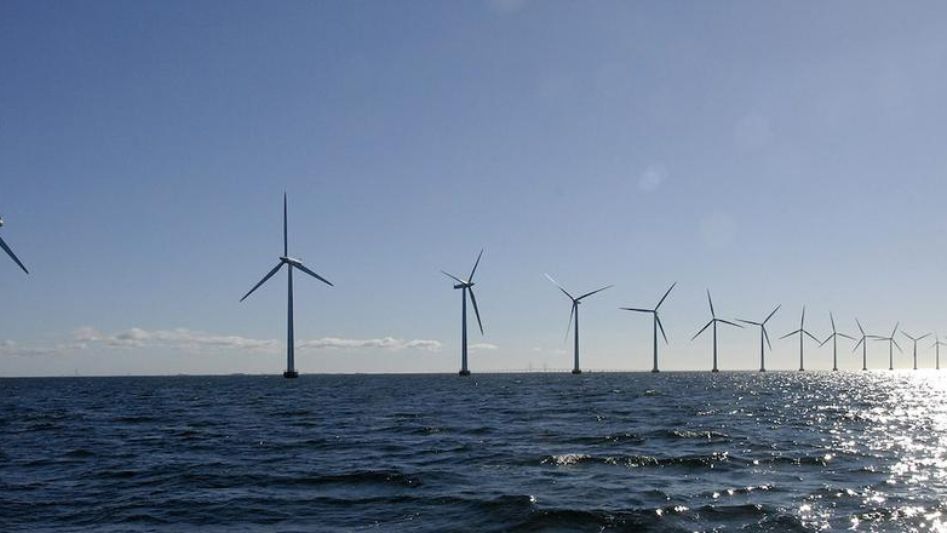With the increasing demand for energy, developing countries are looking for alternative sources of energy to meet their growing energy needs. Wind energy is emerging as a promising source of renewable energy that can provide clean and sustainable energy to these countries. However, there are several challenges that need to be addressed to make wind energy a viable source of energy in developing countries. In this article, we will explore the challenges and opportunities of wind energy in developing countries.
Table Of Content
We invite you to read: “Offshore Wind Farms: Mitigating the Challenges of Onshore Wind Energy”

Challenges of Wind Energy in Developing Countries:
1. High Initial Cost
One of the major challenges of wind energy in developing countries is the high initial cost of setting up wind farms. The cost of wind turbines, installation, and transmission infrastructure is quite high, making it difficult for developing countries to invest in this technology.
2. Lack of Infrastructure
Developing countries often lack the necessary infrastructure to support wind energy. This includes transmission lines, grid capacity, and energy storage facilities. Without these infrastructure components, it is difficult to integrate wind energy into the existing energy system.
3. Political Instability
Political instability is a significant challenge for wind energy development in developing countries. The investment required for wind energy is significant, and political instability can create uncertainty and discourage investment in this technology.
4. Lack of Skilled Labor:
The installation and maintenance of wind turbines require skilled labor, which is often lacking in developing countries. This can increase the cost of wind energy development and make it difficult to operate and maintain wind farms.
We invite you to read: “The Future of Wind Energy: Predictions and Trends”

Opportunities of Wind Energy in Developing Countries:
1. Abundant Wind Resources
Developing countries often have abundant wind resources that can be harnessed to generate electricity. For example, countries in Africa and Asia have some of the best wind resources in the world.
2. Energy Security
Wind energy can provide energy security for developing countries by reducing their dependence on fossil fuels. This can help them to diversify their energy mix and reduce their exposure to volatile oil prices.
3. Economic Benefits
Wind energy development can bring economic benefits to developing countries by creating jobs, stimulating local economies, and attracting investment. Wind energy can also provide a stable source of revenue for governments through the sale of electricity.
4. Environmental Benefits
Wind energy is a clean and sustainable source of energy that can help to reduce greenhouse gas emissions and mitigate climate change. Developing countries can benefit from the environmental benefits of wind energy by reducing their carbon footprint and improving air quality.
We invite you to read: “A Beginner’s Guide to Wind Energy: How It Works and What It Powers”

Conclusion
Wind energy is a promising source of renewable energy for developing countries. However, there are various challenges that need to be addressed to make wind energy a viable source of energy in these countries. Developing countries can benefit from the abundant wind resources, energy security, economic benefits, and environmental benefits of wind energy. To overcome the challenges, developing countries need to invest in infrastructure, create stable policy environments, and develop skilled labor.
FAQ
What is wind energy?
Wind energy is a form of renewable energy that uses wind turbines to generate electricity.
What are the advantages of wind energy?
Wind energy is a clean and sustainable source of energy that can help to reduce greenhouse gas emissions, provide energy security, and create economic benefits.
What are the challenges of wind energy in developing countries?
The challenges of wind energy in developing countries include high initial cost, lack of infrastructure, political instability, and lack of skilled labor.
How can developing countries overcome the challenges of wind energy?
Developing countries can overcome the challenges of wind energy by investing in infrastructure, creating stable policy environments, and developing skilled labor.
You May Also Like
- Offshore Wind Farms: The Advantages and Challenges
- Wind Turbine Technology: Past, Present, and Future
- Wind Power and Forest Restoration: A Match Made for Sustainable Energy
- How Wind Energy Can Help Mitigate Climate Change
- The Importance of Wind Energy in the Energy Transition

